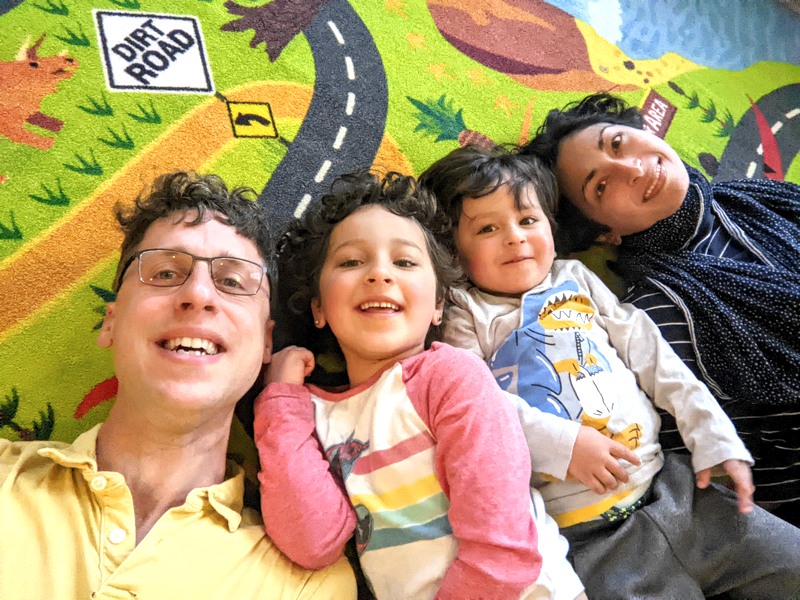Prion Alliance mid-year update 2022
Dear friends and supporters,
It’s a busy and ambitious time in our lab and we are grateful as always for your support. A group of donors have generously offered to match your donation 1:1 up to $100,000 through the end of June, so if you can, please chip in to support our research at prionalliance.org/donate or mail a check to Prion Alliance, PO Box 391953, Cambridge, MA 02139.
Our number of projects is forever multiplying, and so, fighting hard against the tough hiring market, we’ve been recruiting aggressively and have new staff starting this summer who will collectively double the size of our lab. This amount of growth is ambitious for us and we need your help to make it work financially — hence the June donation matching campaign. But we must, because there is just always so much science to do. With several new animal models, ever more complex therapeutic studies, myriad biomarker assays, and loads of preliminary findings to follow up on, growing the lab has become an imperative, and it suddenly feels a long time ago when it was just the two of us as PhD students, fighting to move a couple of projects over the finish line.
Adding to the urgency of all our work is the prospect that clinical trials could be just around the corner. Ionis Pharmaceuticals has not updated the last official timeline it gave to the patient community: that first-in-human trials might begin by late 2022. Or course, various obstacles biological, regulatory, and otherwise could always still crop up at any time, so we can’t be complacent, but we should also be prepared for the possibility that, after all these years of preparation, human dosing could begin this year.
News on ASOs for other neurological indications continues to trickle in. After very disappointing results in 2021, Roche may be reviving its Huntington’s disease ASO after all. In longer-term follow-up, an ASO for one form of ALS looks possibly more promising than initially thought. But meanwhile, an ASO for a different form of ALS failed miserably in a Phase I trial this spring. Overall, the track record of ASO drugs for the brain that is emerging is a complicated picture. Many different things need to go right in order for a drug to work. Therefore, when drugs fail, it’s not easy to know if the issues are specific to the patient population, the disease, the drug, or the class of drugs. The recent failures don’t make us lose hope that an ASO for prion disease will be successful, but they do remind us that a clinical trial is, after all, still an experiment — not a cure — and we should be prepared for any result. After years racing to this point, the first human trial feels like it should be a finish line. But the truth is, it’s just a starting line.
Thank you for being with us in this journey. We hear every day from people who are losing loved ones, and we weep for those for whom all this progress has not come fast enough. Whatever the news brings each day, when we fix our eyes on the longer term, we continue to feel filled with optimism.
all our best,
Eric & Sonia


